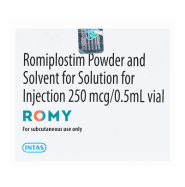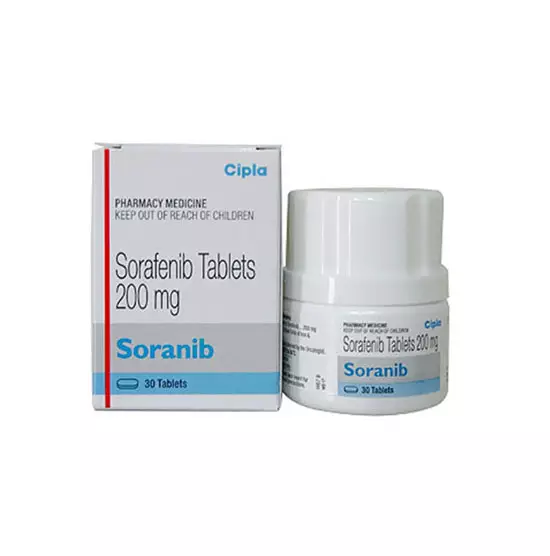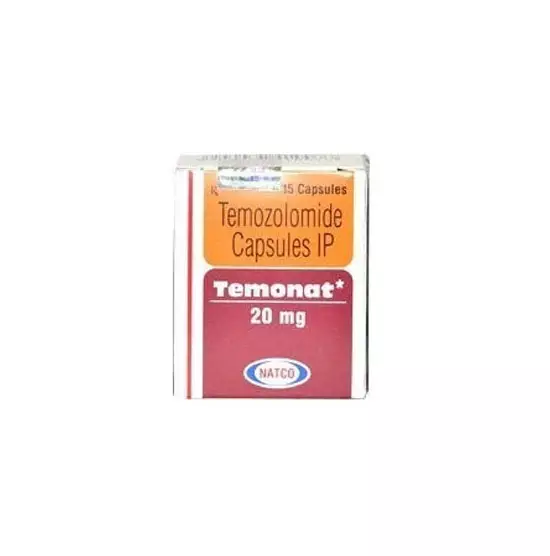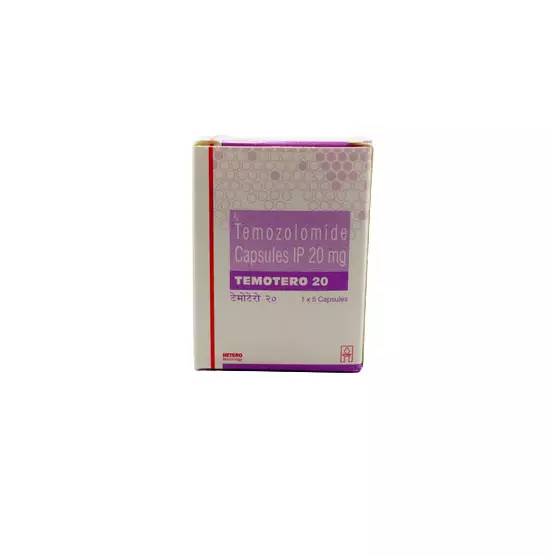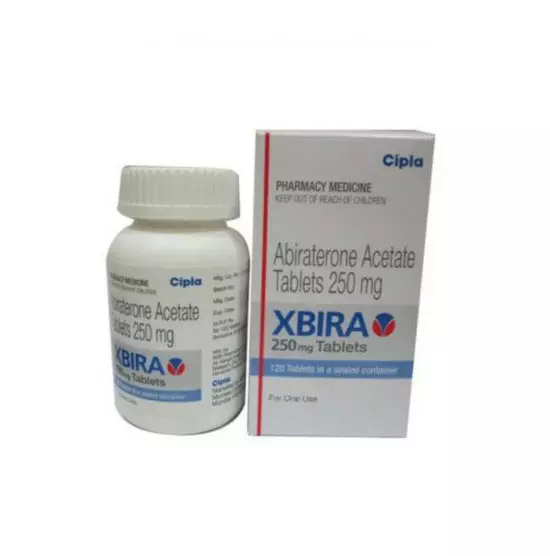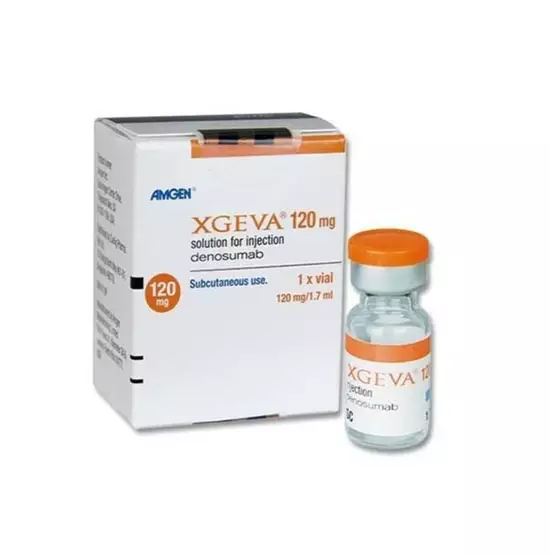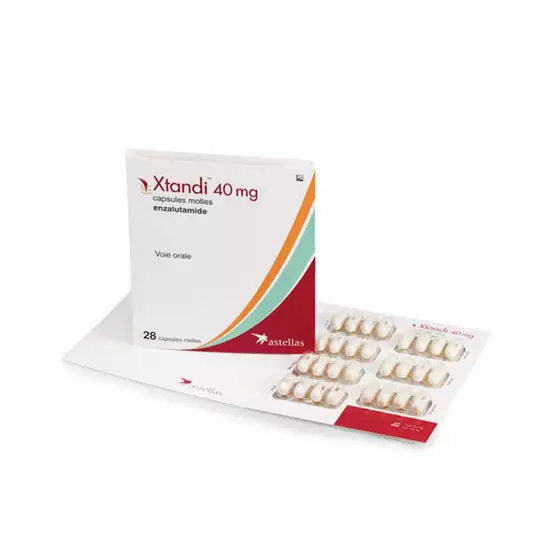We offer various kinds of anti cancer medicines in India that you can easily get at a very cheap price. All anti cancer drugs are manufactured by top medicine manufacturers in India, so you don't have to worry about their quality. We at Chawla Medicos work to provide patients & sellers with the best medicines for cancer directly from the manufacturers. It is also one of the reasons why you will get the cheapest price on all anti cancer medications.
Why Choose Chawla Medicos For Anti Cancer Medicines
Choosing Chawla Medicos for anti cancer meds will provide you with a great price drop on your cancer medicines. We avail tested, genuine, and scientifically NCI researched medicines from a few of the top anti cancer drug manufacturers.
Chawla Medicos supplies medicines in different cities and countries as well. You can order your medicines from India even if you are from Indonesia, USA, China, Philippines, Romania, Poland, Cameroon, UK, Sri Lanka, Turkey, and France.
We also provide different payment methods to our customers to buy their anti cancer medication easily. You can also request for a fast delivery and track your product which avails you a transparent view during the delivery process.
What Is The Best Medicine For Cancer?
It is so hard to mention only one medicine as the top anti cancer drug because there are different manufacturers and different types of it as well. However, you can check the list we have mentioned above and here as well to get your anti cancer medicines.
Best Anti Cancer Drugs List:
Above here we have only mentioned a few of the cancer medicine names but on this page, you can shop them all with just one click. However, if you are searching for the most common cancer drugs list then you can read the blog available on our site.
What Drugs Are Anti Cancer Medicines?
Anticancer drugs are drugs that are used to treat cancer problems. Different types of cancer medicines work in different ways to cure different cancers as well. Some of the most common types of anticancer drugs include
-
Chemotherapy
-
Targeted therapy
-
Radiation therapy
-
Immunotherapy
The specific type of anti cancer drug that is used will depend on different factors such as the type of cancer, the stage of the cancer, the patient's overall health, and other factors as well.
Buy New Cancer Drugs From Chawla Medicos,
Yes, you read it right, At Chawla Medicos we also provide new cancer medicines that you may not get on another site. We are directly connected with more than 50+ anticancer medicine manufacturers by which we are able to provide even new kinds of cancer drugs that cost cheaper and provide benefits in the short term too.
What Are The Most Common Anti Cancer Drugs?
Some of the most common Anti cancer drugs are:
-
Eribulin.
-
Ixabepilone.
-
Mitotane.
-
Omacetaxine.
-
Pegaspargase.
-
Procarbazine.
-
Romidepsin.
-
Vorinostat.
However, it is not important for you to go for the medicines mentioned in this anti cancer drugs list. Above we have only mentioned the common ones depending on different factors such as types of cancers, genders, stages of cancers, and so on.
We always suggest readers consult their doctors before buying and consuming any cancer drug or medicine.
What Drug Is 100% Effective Cancer?
According to the report of MSKCC dostarlimab is a 100% effective drug against cancer. This Anti-cancer medicine alone eliminated 12 patients' tumors & induced them as well and surprisingly none of them needed the chemo session which as planned was the next step of their treatment.
Types of Anti Cancer Medicines
Anticancer medicines can be categorised into 3 parts Chemotherapy, Immunotherapy, and Targeted Therapy. Each of them works differently and has different cancer drugs to treat patients' conditions.
Chemotherapy
Chemotherapy is a medical treatment that includes the usage of strong drugs to kill or stop the growth of cancer cells. Chemotherapy cancer medicines can be administered orally and by injection as well.
Here are some of the commonly used Chemotherapy Drugs: Paclitaxel, Doxorubicin, and Cyclophosphamide.
Immunotherapy
Immunotherapy includes the intake of anti cancer medicine which helps to strengthen the immune system of the patient's body. This cancer medication works by enhancing the immune system of the victim's body to recognize and attack the cancer cells.
Here are some of the commonly used Immunotherapy drugs: Pembrolizumab, Nivolumab, and Ipilimumab.
Targeted Therapy
Targeted therapy is designed to be more precise and reduce the damage to healthy tissues. It does not work the same as Chemotherapy which attacks on both healthy and cancerous tissues. This Cancer medication specifically targets certain molecules or proteins involved in the growth and spread of cancer cells.
Here are some of the commonly used Targeted therapy drugs: Imatinib, Trastuzumab, and Erlotinib.
With the help of these anti-cancer medications, oncologists get a wide range of tools to tailor the treatment plans depending on the cancer characteristics of the patient.
How Do Anti Cancer Medicines Work?
There are different types of anti cancer drugs and they also work in different ways. Some anti cancer medicines kill cancer cells directly while other medicines work to prevent cells from growing and boost the immune system. So it totally depends on your cancer medication and how your medicines will work to treat your cancer.
Here are some of the ways that anti cancer medicines work:
- Disrupting the cell cycle
- Damaging DNA
- Triggering apoptosis
- Targeting specific molecules
- Helping the immune system fight cancer cells
How To Choose The Right Anti Cancer Medicine For You?
Choosing the right medicines for your cancer treatment can vary according to many factors such as:
- Type and stage of cancer.
- Your overall health and fitness status.
- Other medications.
- Your preferences.
- Pricing or Costing.
Here are some additional tips for choosing the right anti-cancer medicine for you:
- Meet other cancer patients: Talking to other cancer patients can help you to have an idea of different treatment options and their procedures as well. There are many online cancer groups you can join to solve your queries.
- Get a second opinion: If you are not sure about the anti cancer medication plan that your doctor has recommended then get a consultation from another oncologist.
- Do your own research: There are many articles you can read and get information about the anti cancer medicine and their side effects too. You can also read different books to know what options you have for your cancer medication process.
Why Cancer Medicines Are So Costly?
There are many reasons why cancer medicines are so costly:
-
High cost of research and development (R&D): Developing new cancer drugs is a long and expensive process. It can take 10-15 years and cost over $1 billion to develop a new drug and bring it to market. This is because cancer is a complex disease with many different subtypes, and it is difficult to develop drugs that are effective and safe.
-
Small patient populations: Many cancer drugs are used to treat relatively small populations of patients. This means that pharmaceutical companies cannot recoup the high cost of R&D by selling large volumes of the drug.
-
Lack of competition: In some cases, there is little or no competition among pharmaceutical companies for certain cancer drugs. This allows companies to charge higher prices for these drugs.
-
Patent protection: Pharmaceutical companies are granted patents on their drugs, which give them exclusive rights to sell the drug for a period of time. This patent protection allows companies to charge higher prices for their drugs.
-
High cost of manufacturing: Manufacturing cancer drugs can be complex and expensive. This is because cancer drugs are often made using cutting-edge technologies and require specialized facilities.
-
Marketing and distribution costs: Pharmaceutical companies also spend a significant amount of money on marketing and distributing their drugs. These costs are also passed on to patients in the form of higher drug prices.
What Are The Symptoms Of Cancer In First Stage?
Here are some common symptoms of cancer that may indicate cancer in its early stages:
- Unexplained weight loss - Losing weight without trying or without any clear reason may be a sign of cancer.
- Fever - Fever that persists for weeks and is not tied to illness may indicate cancer.
- Fatigue - Chronic tiredness and low energy levels can be associated with certain cancers.
- Skin changes - Non-healing sores, new moles or changes in existing moles could point to skin cancer.
- Changes in bowel habits - Persistent changes in bowel movements like constipation, diarrhea or narrowing of stool can signify colon or rectal cancer.
- Abnormal bleeding - Coughing up blood, blood in urine or stool, abnormal vaginal bleeding can be cancer signs.
- Persistent pains - Headaches, bone pain, abdominal pain or pelvic pain that do not go away may indicate cancer.
- Coughing or hoarseness - A new, persistent cough or hoarse voice can be a symptom of lung or throat cancer.
- Indigestion - Consistent heartburn or difficulty swallowing may be associated with cancers of the gastrointestinal tract.
- Mouth changes - Sores, swellings or lumps in the mouth that persist could point to oral cancer.
What Are The Most Common Side Effects Of Anti Cancer Medicines?
Side effects can vary, but common anti cancer drug side effects include nausea, fatigue, hair loss, and changes in blood counts.
How Can I Find Clinical Trials For My Specific Type Of Cancer?
You must consult your oncologist or you can also visit the official site (clinicaltrials.gov) to find trials for your specific cancer type.
Are There Alternative Therapies That Can Complement Anti-Cancer Medicines?
Yes, you can go through therapies like yoga, acupuncture, and dietary changes that can enhance your well-being alongside anti cancer medicines.
What Should I Expect During Chemotherapy Sessions?
Chemotherapy sessions lead to a decrease in the count of the healthy and cancerous tissues. It can give side-effects like side effects like fatigue, nausea, and hair loss which are so common to see in cancer victims.
How Do I Cope With The Emotional Challenges Of Cancer Treatment?
Seek support from family, friends, and your therapist as well. Do not stop yourself from participating in group activities and practice yoga to stabilise your thoughts positively.
Is There Hope For A Cancer-Free Future?
Absolutely, advances in research and treatments offer hope for a cancer-free future. Early detection, treatment, and precautions play a vital role in it.
What Is The Main Medicine For Cancer?
Above you can get the list of all the main medicines for cancer that you should take during your cancer treatment. However, all of the medicines should be taken after doctor consultation and prescription.
What Are 5 Ways To Treat Cancer?
At the current time 2024 the 5 ways to treat cancer are Chemotherapy, Targeted Therapy, Immunotherapy, Surgery, radiation Therapy, Stem Cell or Bone Marrow Transplant, and Hormone Therapy.
Can A Cancer Patient Live 20 Years After Cancer?
Yes, a cancer patient can live 20 years after cancer. The five-year survival rate for all cancers combined is now over 68%, and this rate is increasing all the time.
How Long Does A Cancer Patient Live With A Brain Cancer?
For the most common type of primary malignant brain tumor, glioblastoma, the five-year relative survival rate is only 6.9%. The last 5 years relative survival rate for a CNS tumor or cancerous brain is almost 36%. The 10-year survival rate is over 30% only.

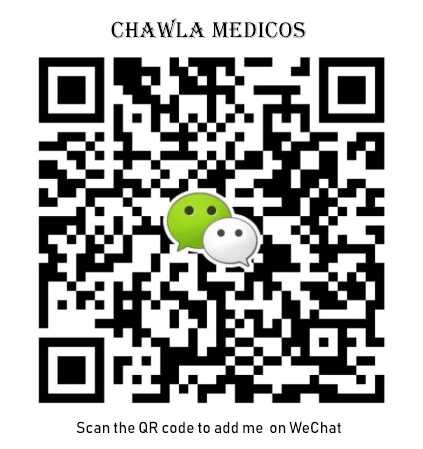
 (3) (2).jpeg)
 (1).png)
.jpg)
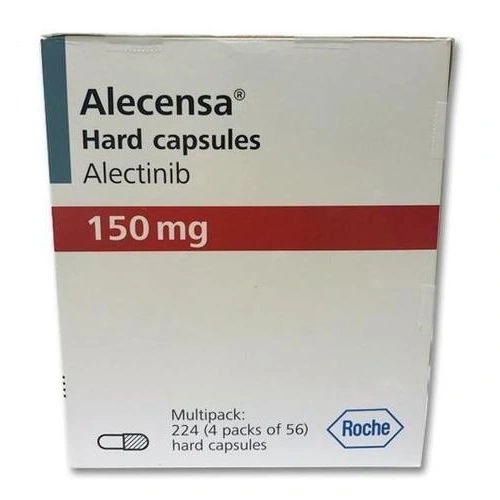

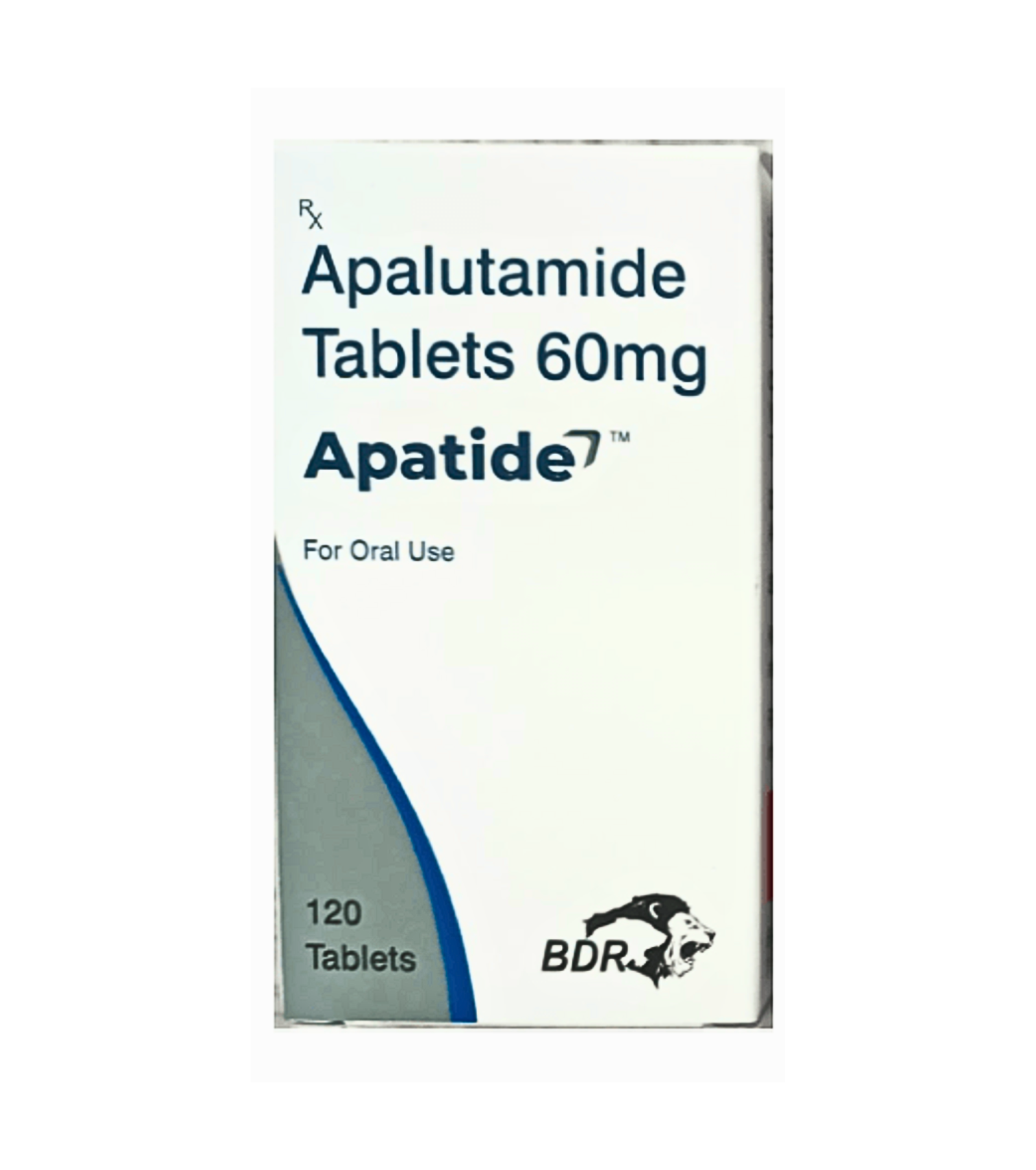
 (1) (2).jpg)





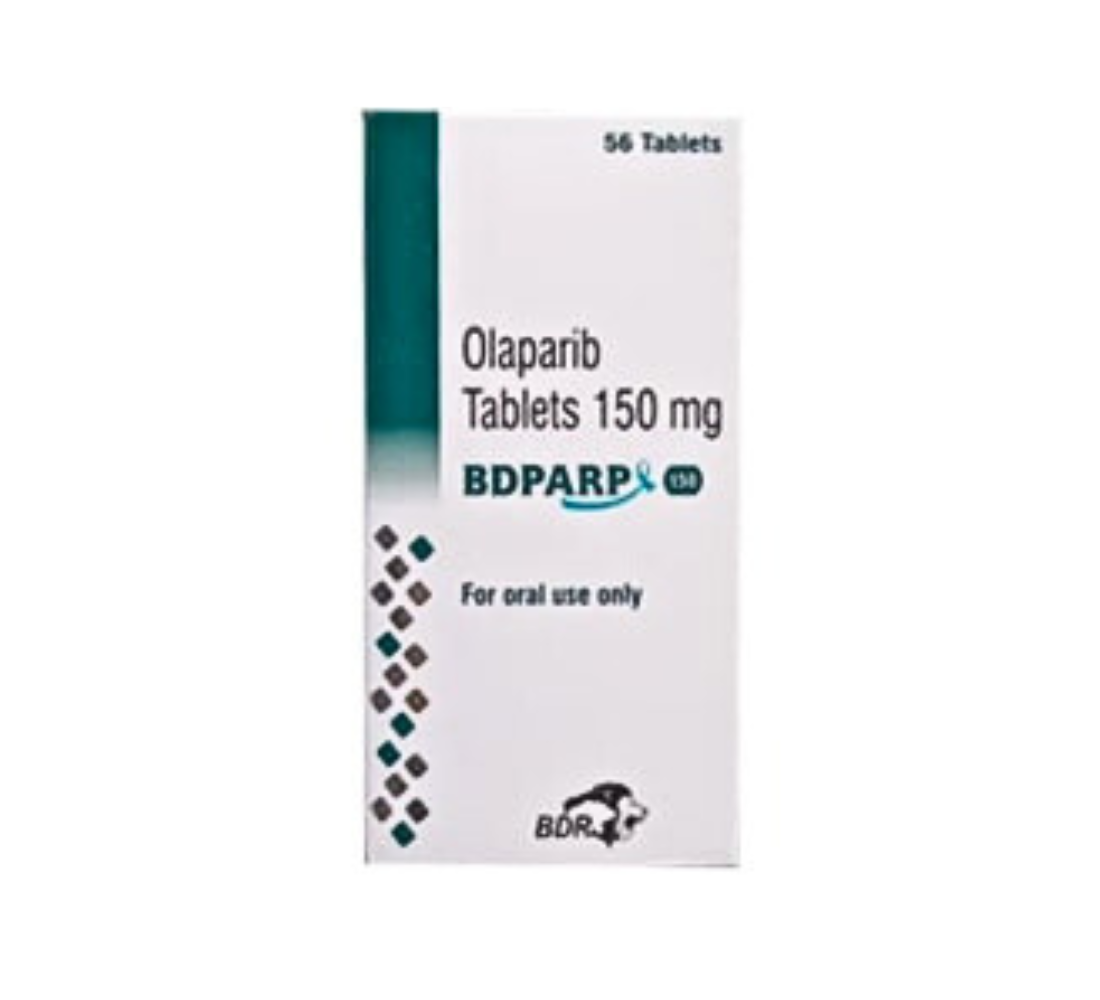

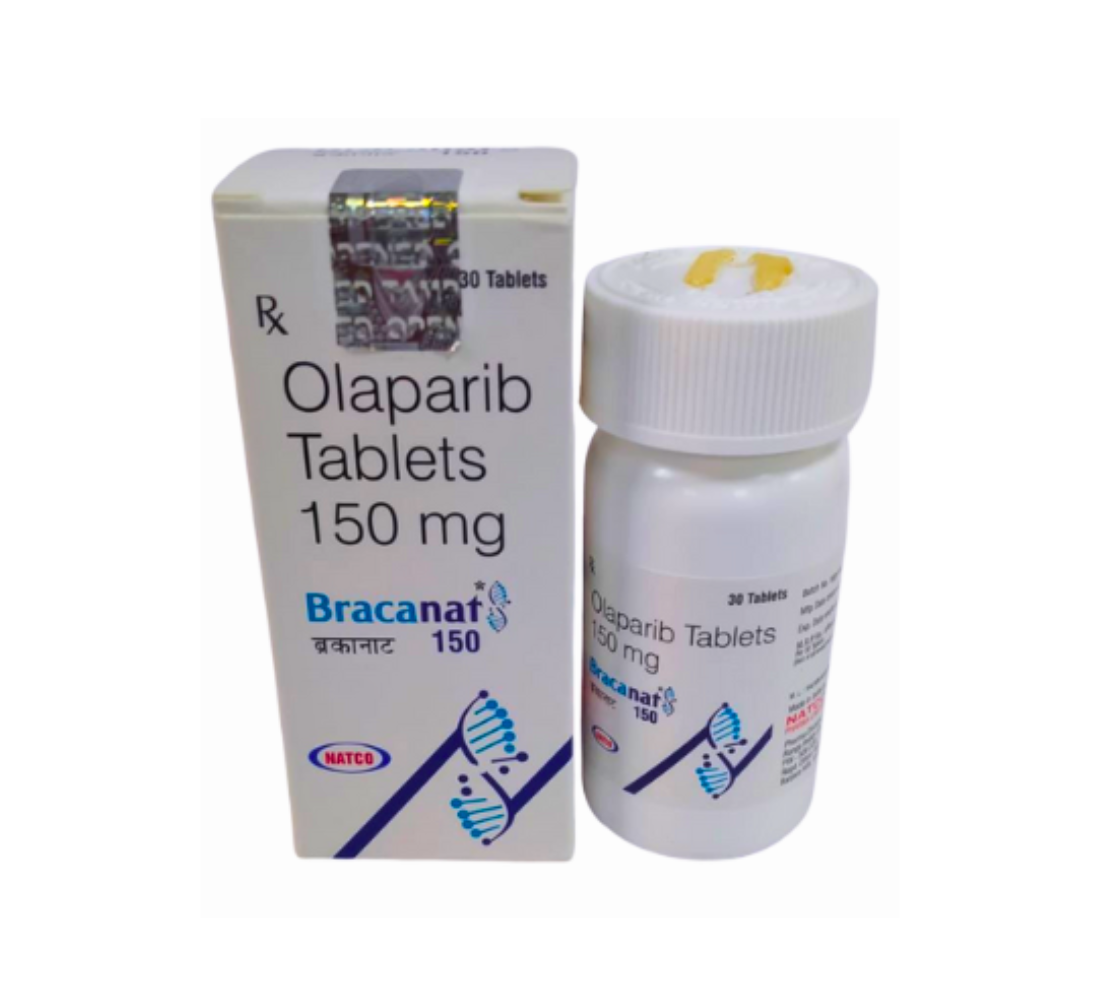




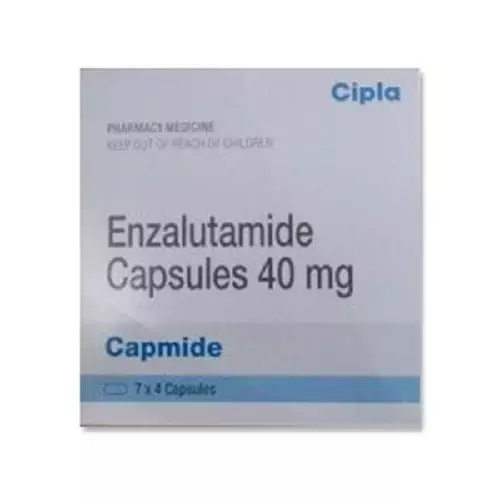
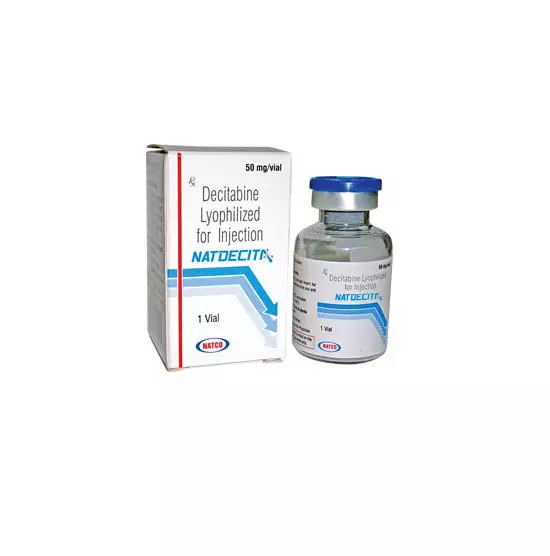





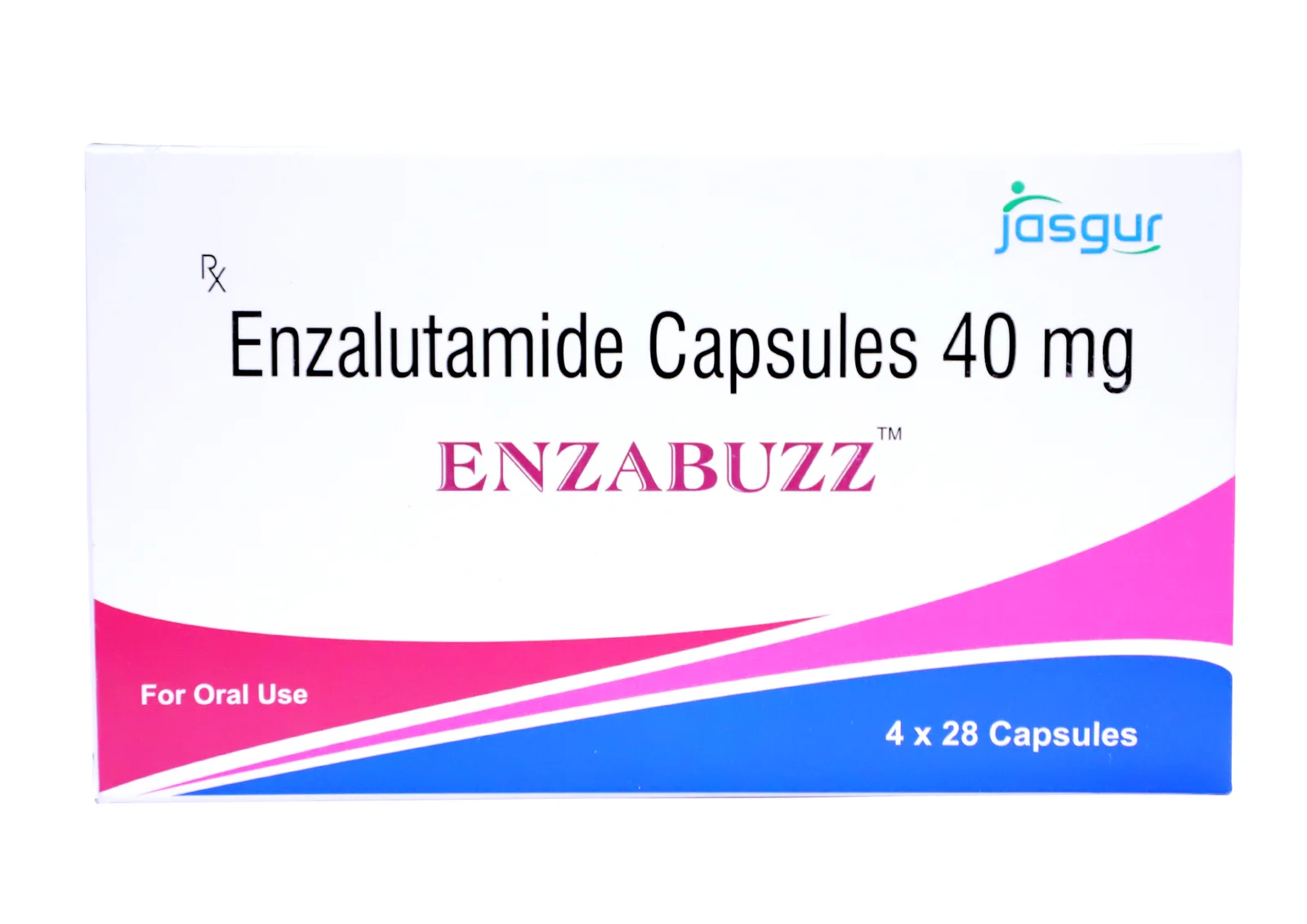

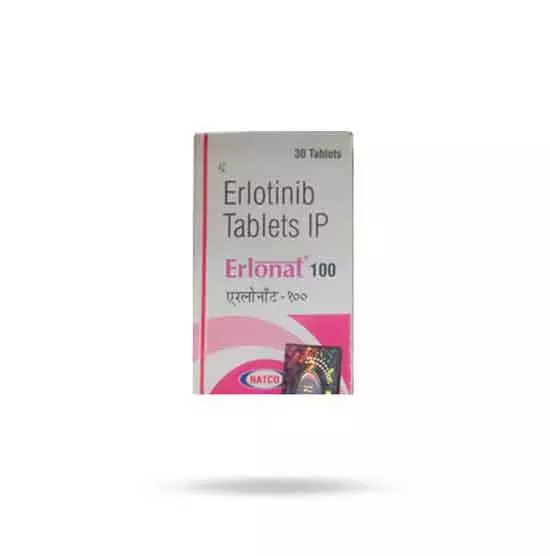


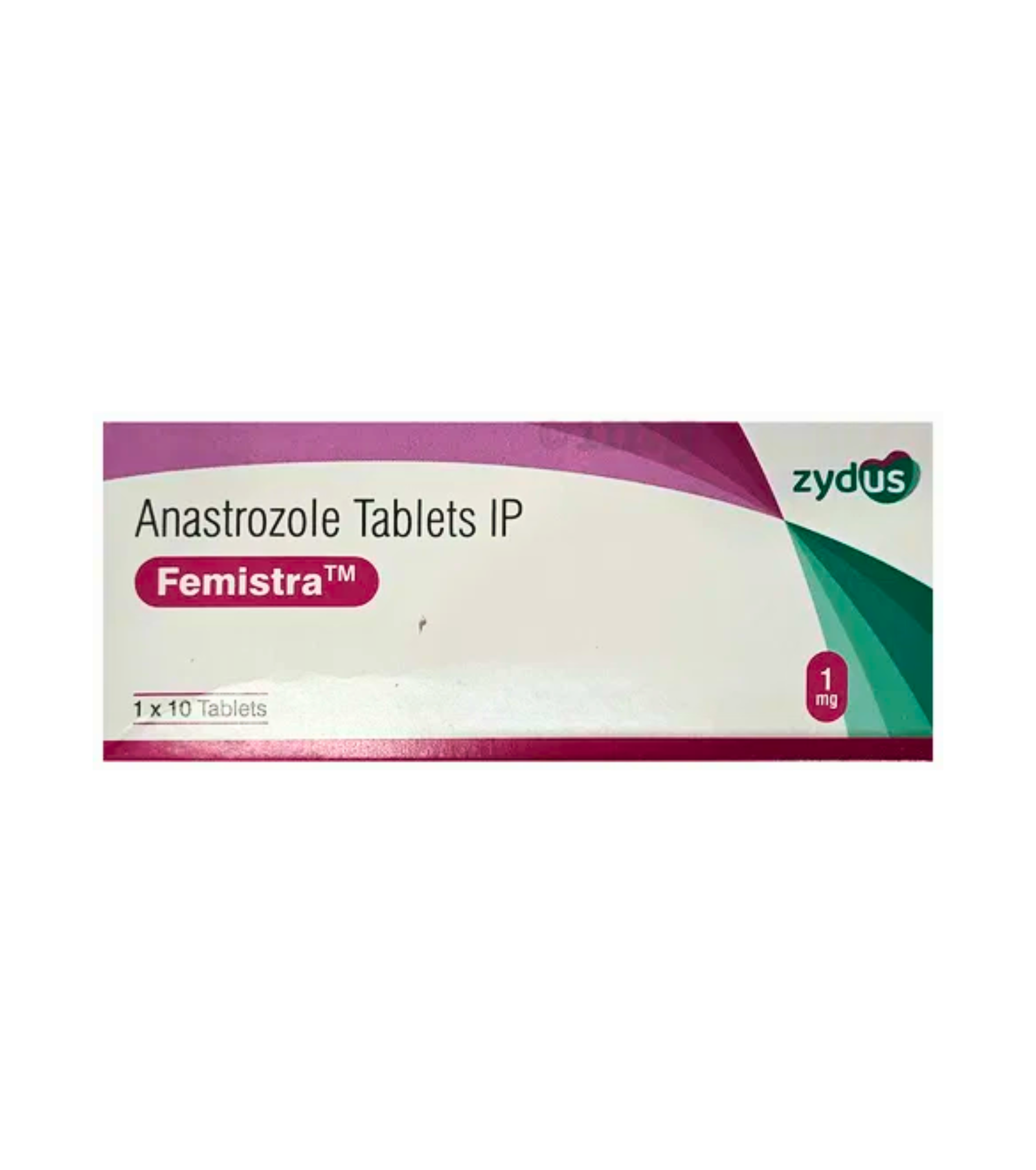


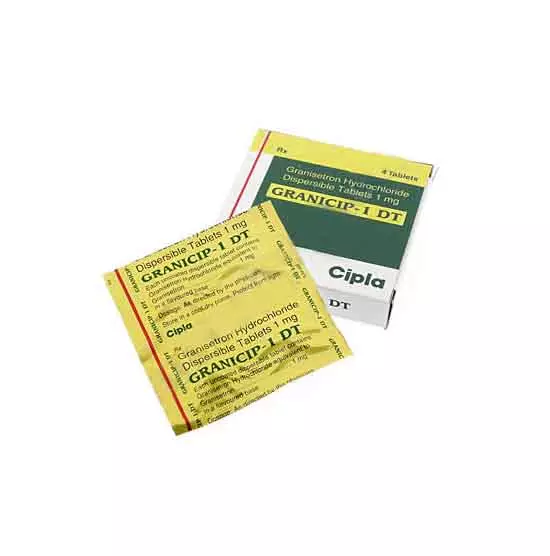

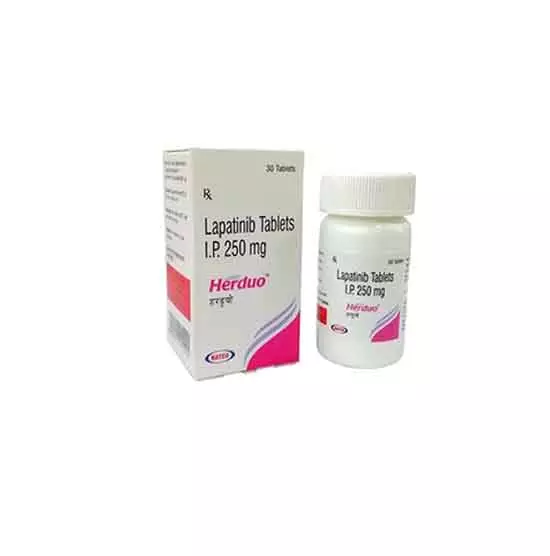

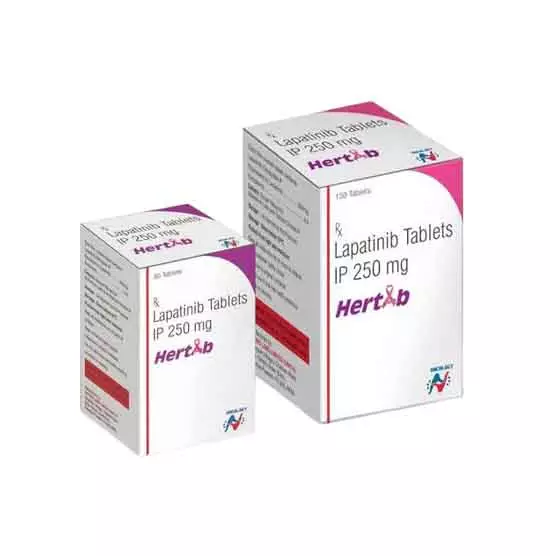






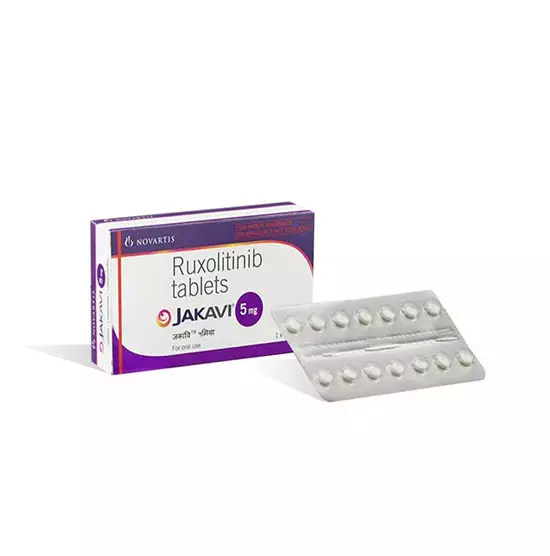
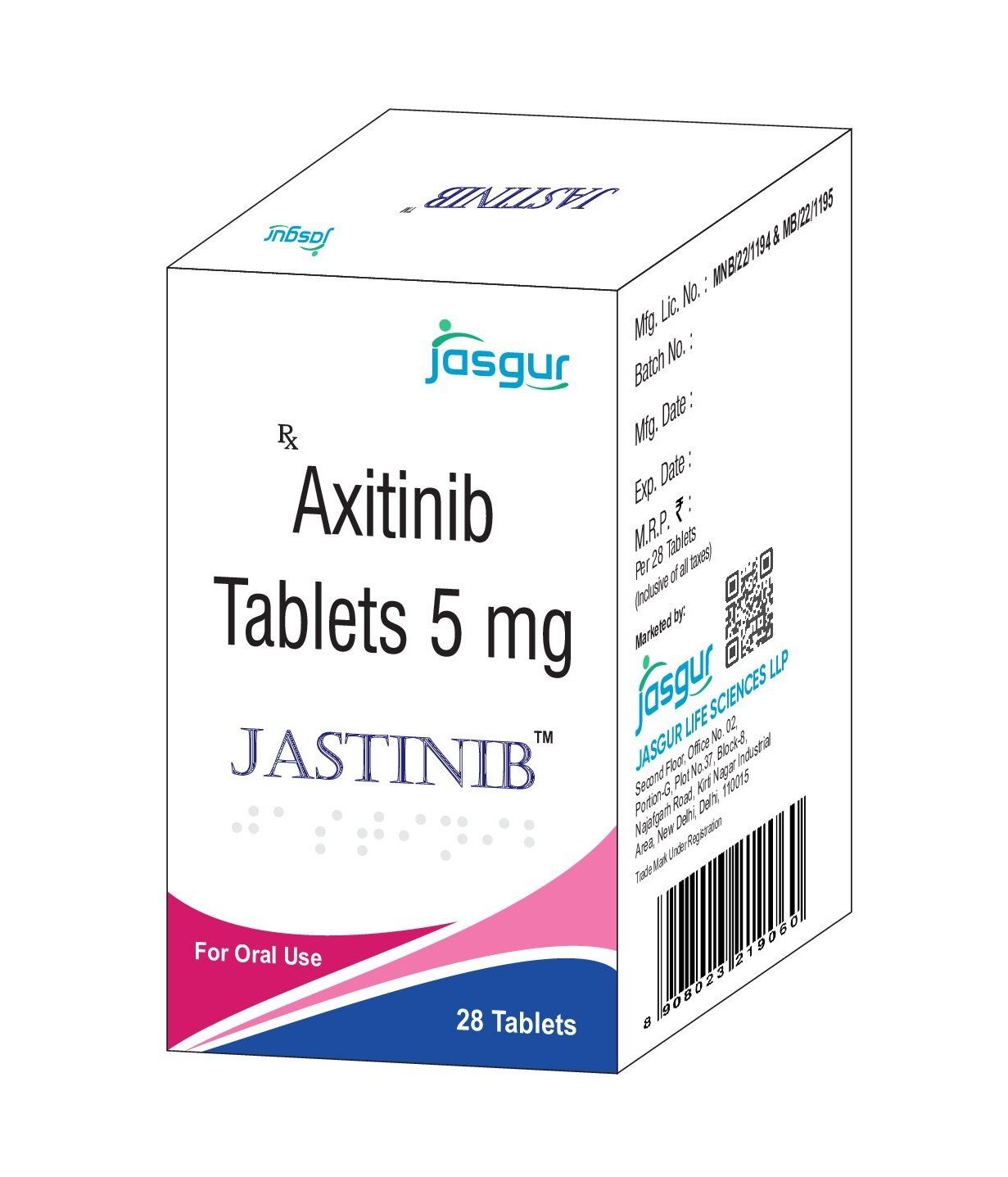


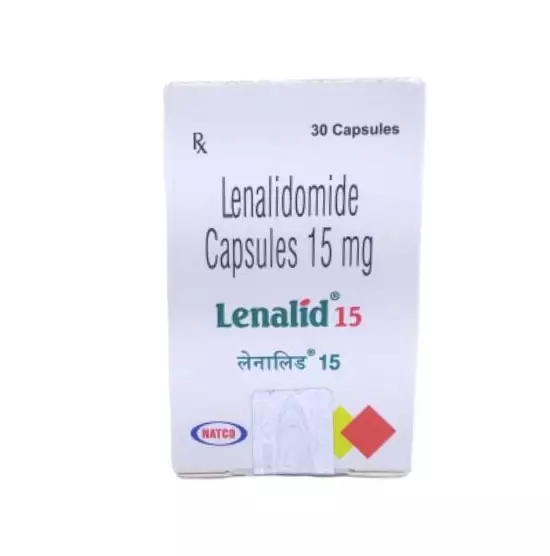
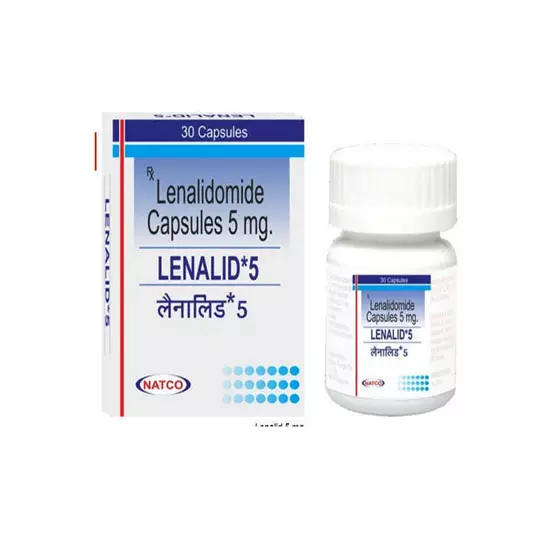









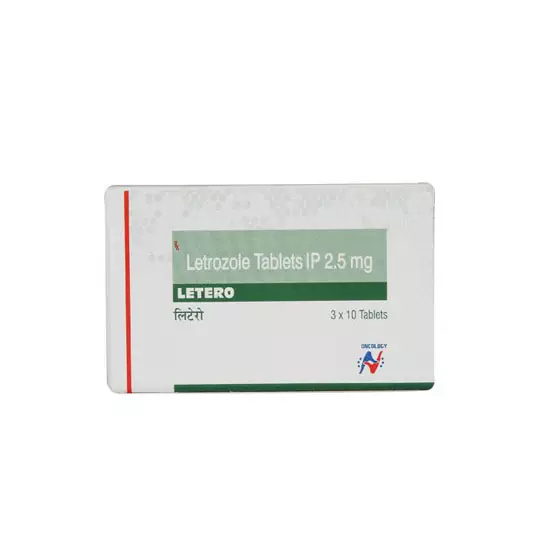
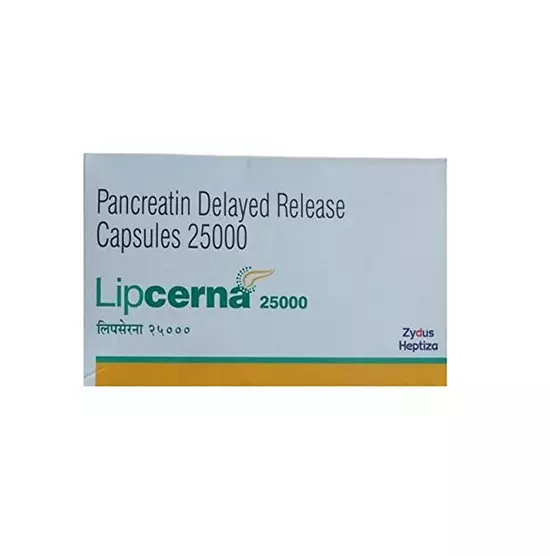

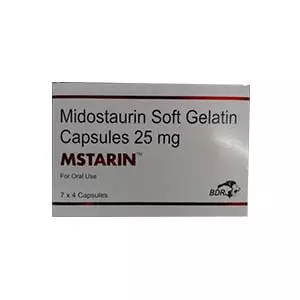
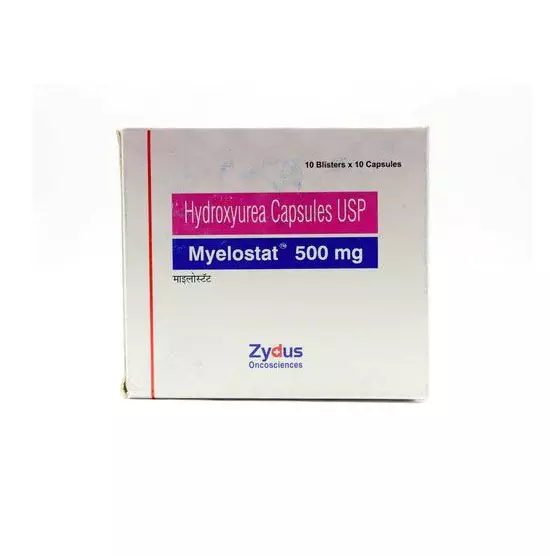


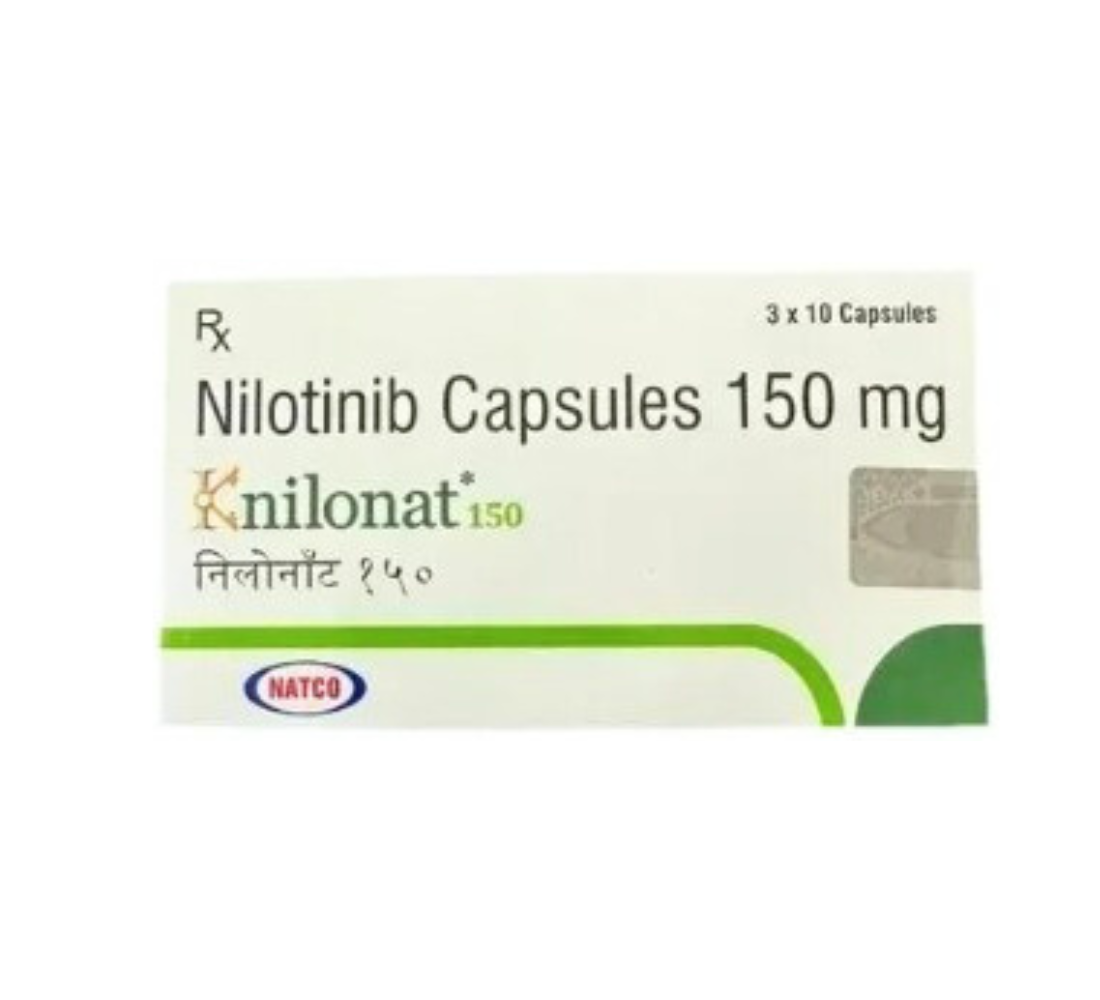

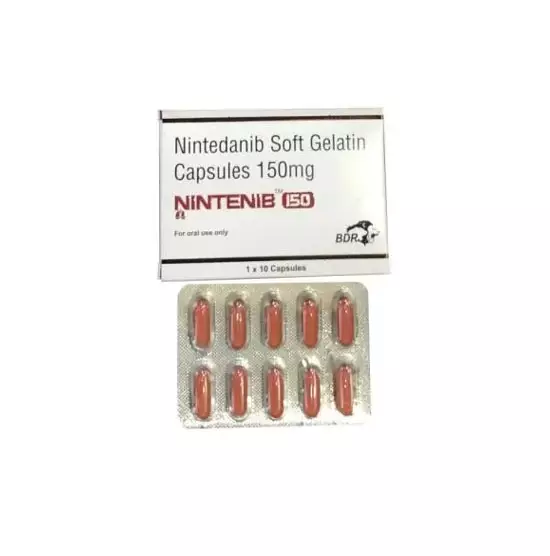



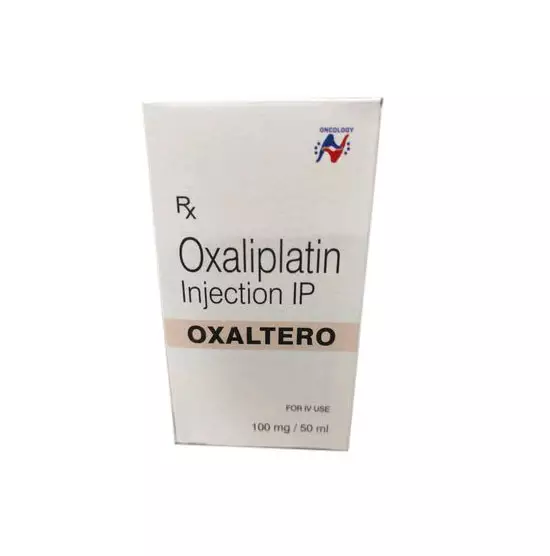
 400mg Tablet.webp)
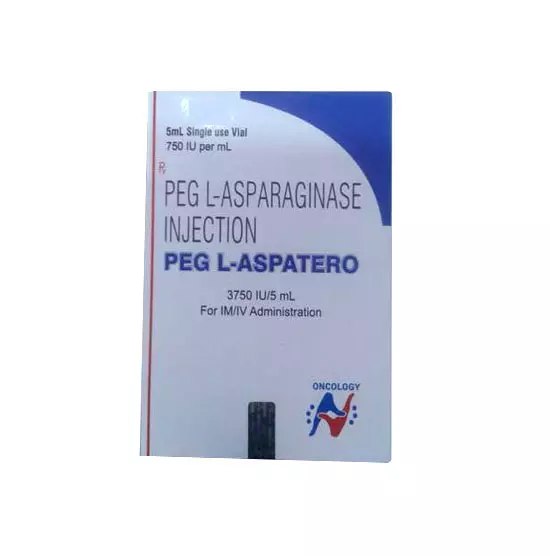





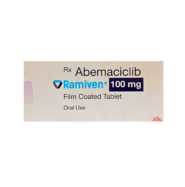

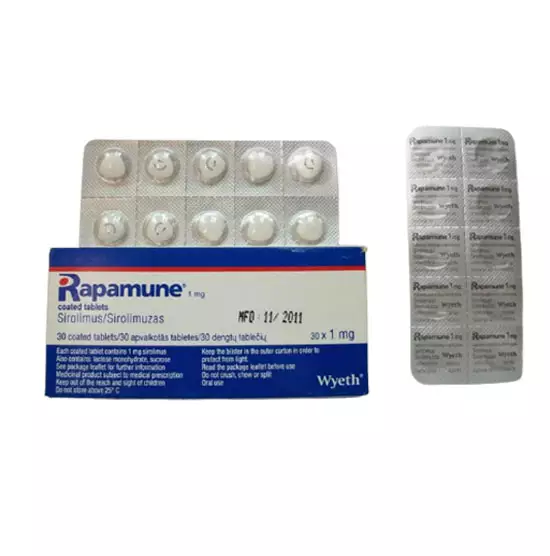
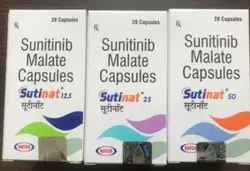
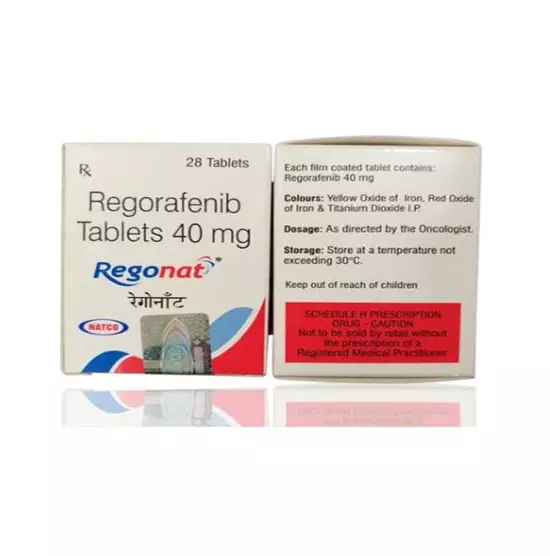
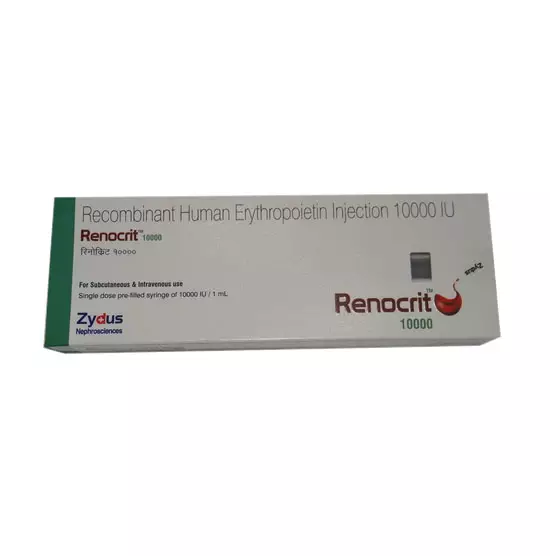

.png)
